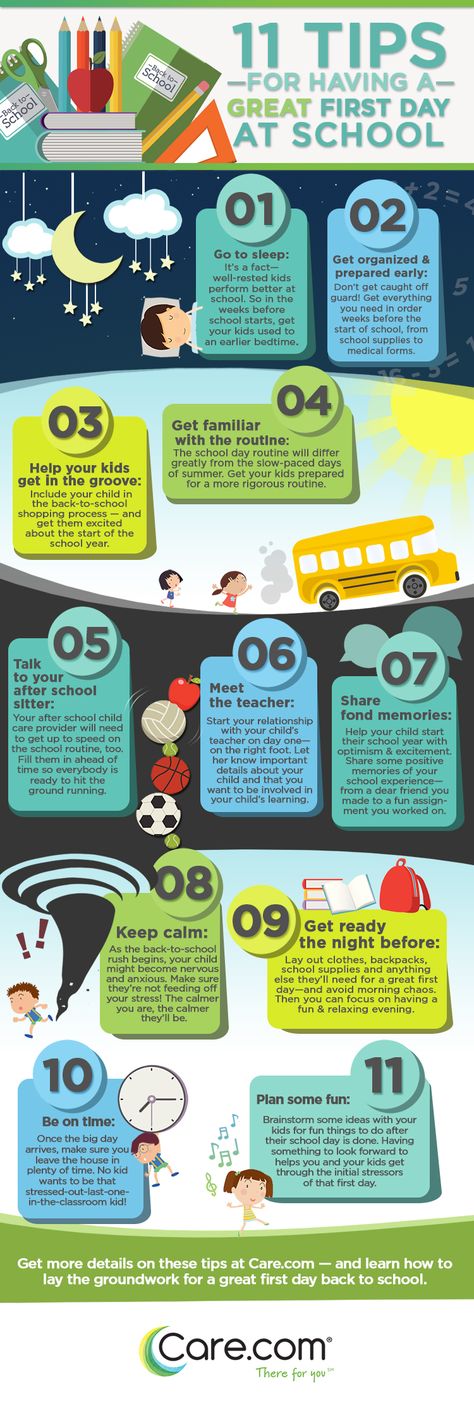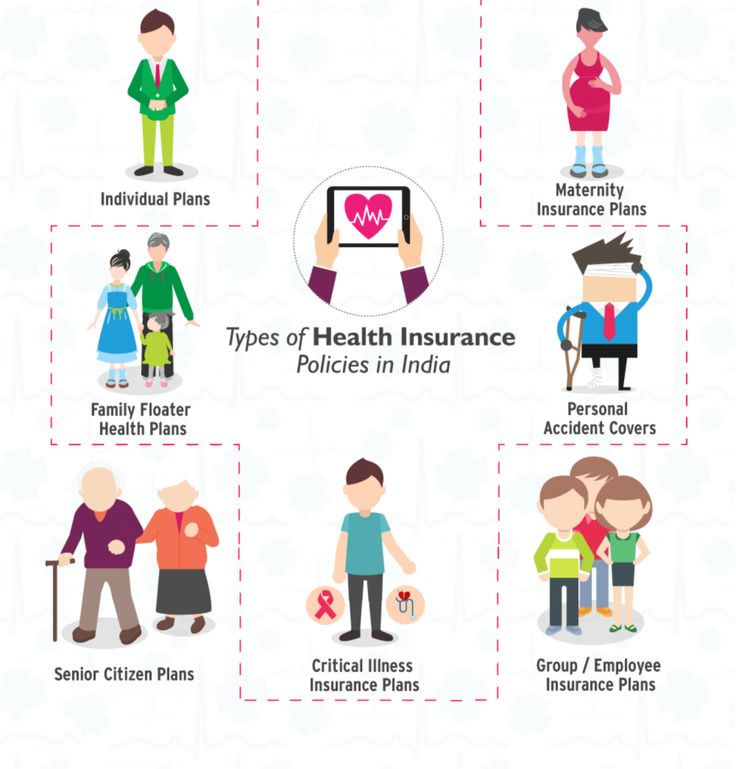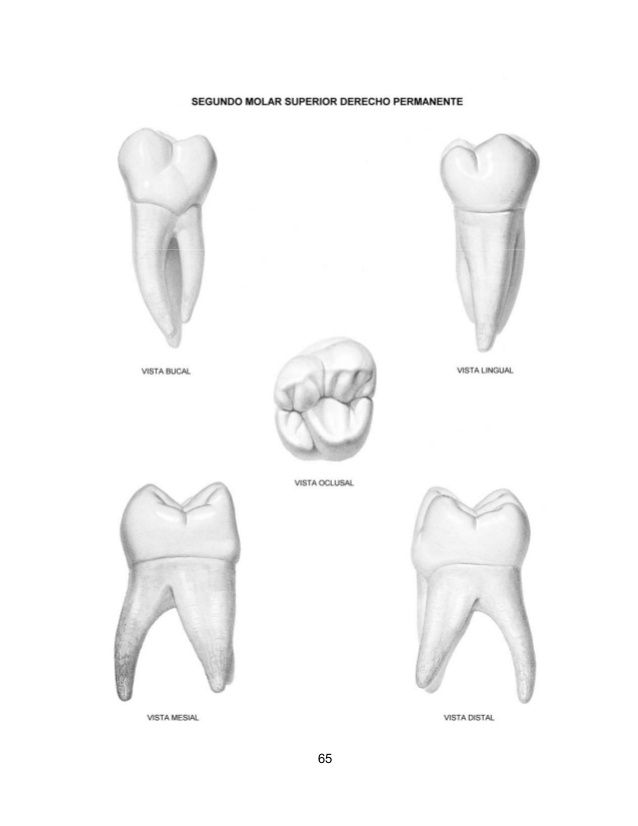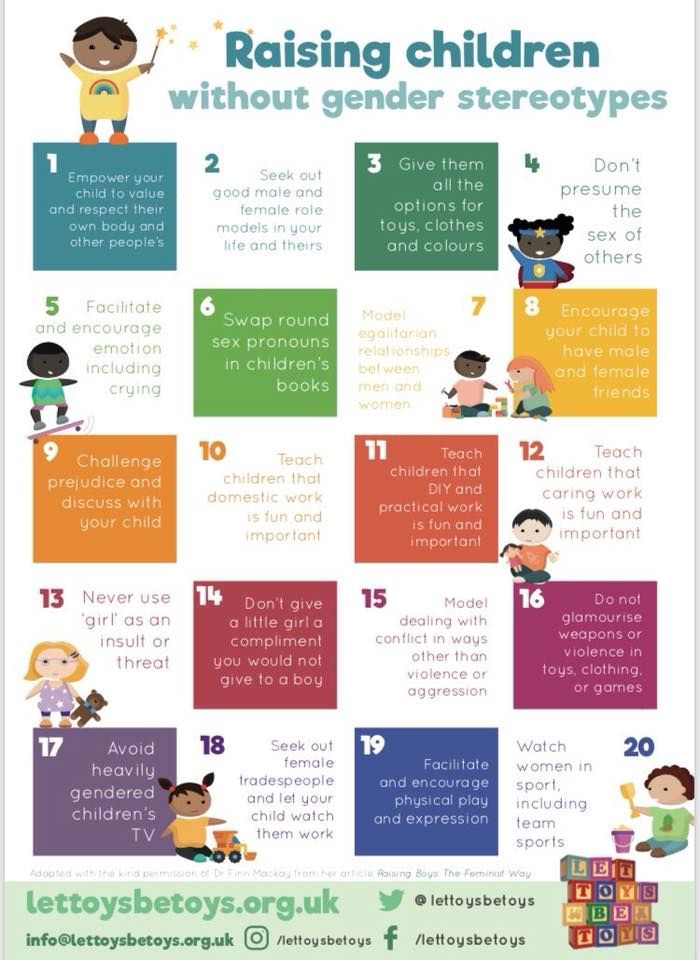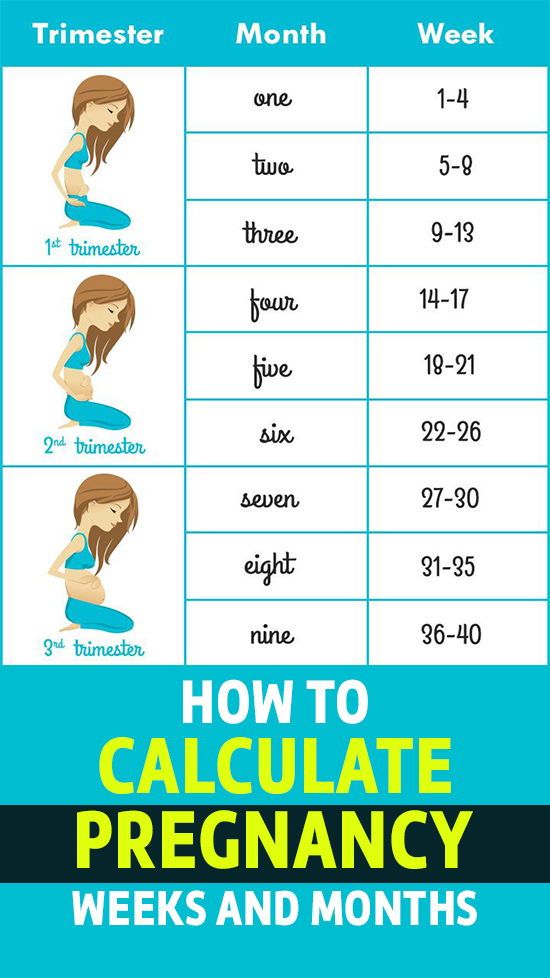How do you know if your child is ready for school
Kindergarten readiness: Is your child ready for school?
What is kindergarten readiness? No single factor determines whether a child is ready to start school. Here's how to tell if your child is mature enough physically, socially, and cognitively.
What are cutoff dates and how do I know if my child has met the deadline?
Cutoff dates are deadlines schools use to determine who can enter the next kindergarten class. Your child must reach the age of 5 by the cutoff date, which is usually around September 1 in most school districts, though some states have later or earlier cutoffs or no deadline at all.
Many schools still use these dates to determine who is ready for school, but research shows that your child's chronological age isn't the best way to decide whether he has what it takes to be a successful kindergartner.
Kindergarten "readiness" is the real issue. In recent years, early childhood educators have begun to focus on a child's physical, social, and cognitive development rather than age.
What is kindergarten readiness?
Experts say no single or simple factor determines whether a child is ready for kindergarten. Instead, a child's development needs to be evaluated on several fronts.
His ability to think logically, speak clearly, and interact well with other children and adults are all critically important to success in school. A child's physical development also needs to be considered.
In reality, very few children are equally competent in all these areas. Many children who are advanced mentally may lag behind emotionally, while children who are extremely adept physically may be slower in terms of language development.
How can I tell if my child is ready?
If he's in preschool, talk to the teacher. She probably has a good sense of his development and how he compares with other children who would be at his grade level.
If your child is not in preschool or you just want another opinion, check with your child's doctor. She will know about your child's physical development and can offer helpful feedback as to whether your child is ready.
You can also talk with family members and friends who know your child well. Pay particular attention to the comments of teachers, or those who have experience working with children in schools, whether as a staff person or a volunteer.
Visiting a kindergarten class in the school in which you plan to enroll your child can also give you invaluable information. As you stand in the back of the room, pay attention to how the other children are behaving, how they play with each other, and what kinds of skills they have. Can you picture your child sitting in one of those chairs and joining in an activity?
Ultimately, though, you know your child best. Think about what he's like when he plays with others, and when he's alone in his room. Then ask yourself the following:
1) Can my child listen to instructions and then follow them? Children need these skills to function in class, to keep up with the teacher and with their peers.
2) Is he able to put on his coat and go to the bathroom by himself? Children need to be somewhat self-sufficient by school age.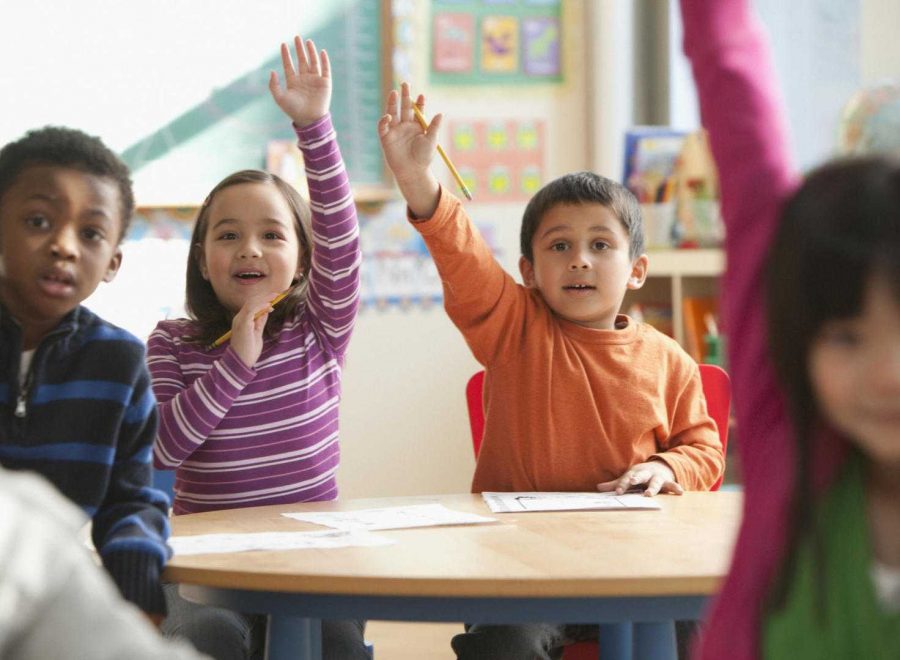
3) Can he recite the alphabet and count? Most kindergarten teachers assume that children have at least a rudimentary familiarity with the ABCs and numbers though these subjects will be covered as part of the kindergarten curriculum.
4) Can he hold a pencil? Cut with scissors? He will need these fine motor skills to begin working on writing the alphabet and to keep up with classroom projects.
5) Does he show an interest in books? Does he try to "read" a book by telling a story based on the pictures? This is a sign that his language development is on a par with other kindergartners and that he's ready to start learning how to read.
6) Is he curious and receptive to learning new things? If a child's curiosity is stronger than his fear of the unfamiliar, he will do well in school.
7) Does he get along well with other kids? Does he share and know how to take turns? He'll be interacting with other children all day, so your child's social skills are particularly important for success in school.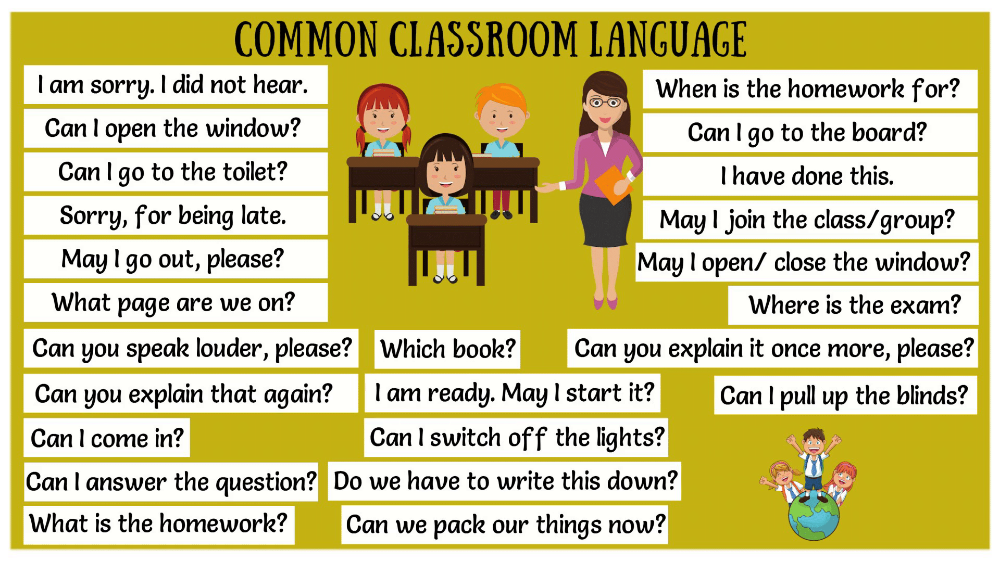
8) Can he work together with others as part of a group? The ability to put his needs second, to compromise and join in a consensus with other children, is also part of emotional competence.
If you answered "yes" to most of these questions and "sometimes" to the rest, your child is ready for kindergarten. If not, your child might well benefit from another year of preschool, or from one of the transitional or pre-K classes now being offered by many private schools.
Will my child have to take a screening test?
It depends on your school district. Many public and most private schools use assessment tests to determine kindergarten readiness.
Your child will be asked questions to test his cognitive abilities, such as naming colors and shapes or telling a story. He'll also be asked to perform certain tasks like drawing shapes, sorting objects, or hopping in a straight line.
If your school does not screen children, then you can arrange to have your child evaluated privately.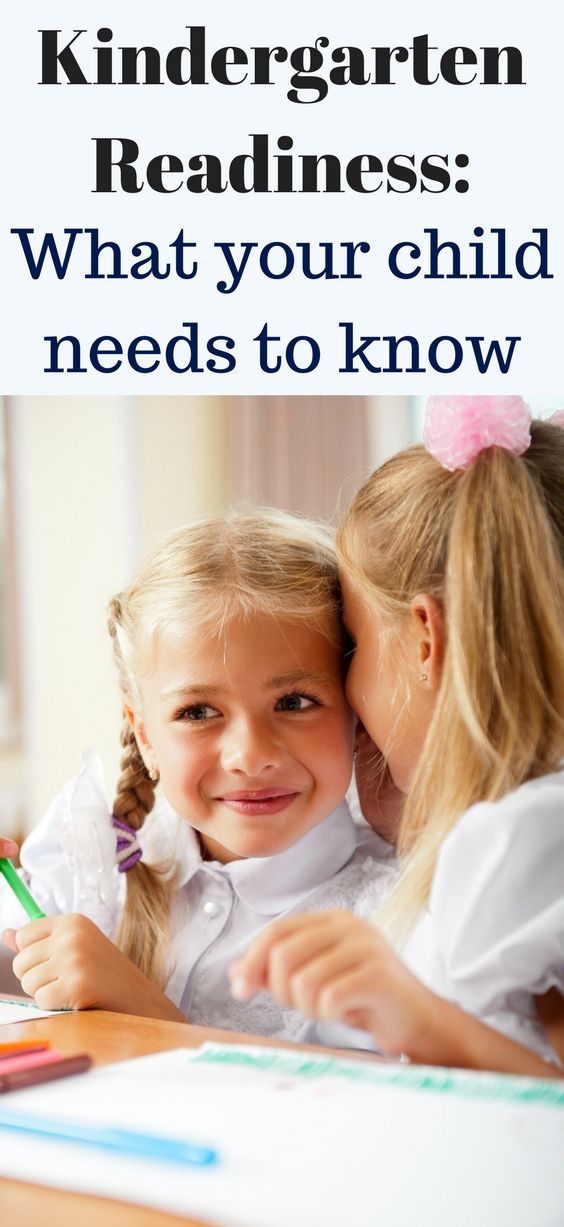 Ask your child's doctor for a referral to a child psychologist.
Ask your child's doctor for a referral to a child psychologist.
Some preschools also test students for kindergarten readiness before the end of preschool.
Once the screening is complete, you can ask to see the results. If you wish, you can discuss them with the head of your child's preschool or the principal of the elementary school your child will be attending to see if these professionals recommend that your child begin kindergarten next year.
10 signs your child is ready for kindergarten
CloseSearch Lebonheur.org for...
Posted: July 20, 2021
Specialties: Developmental Pediatrics
Today’s academic standards and education programs have brought increased attention to the topic of kindergarten readiness. Is your child ready? What should you do to prepare? Le Bonheur Pediatrician Jason Yaun, MD, shares 10 ways to help your child prepare for school.
Children are expected to be ready to learn in kindergarten many of the skills that were previously taught in first grade.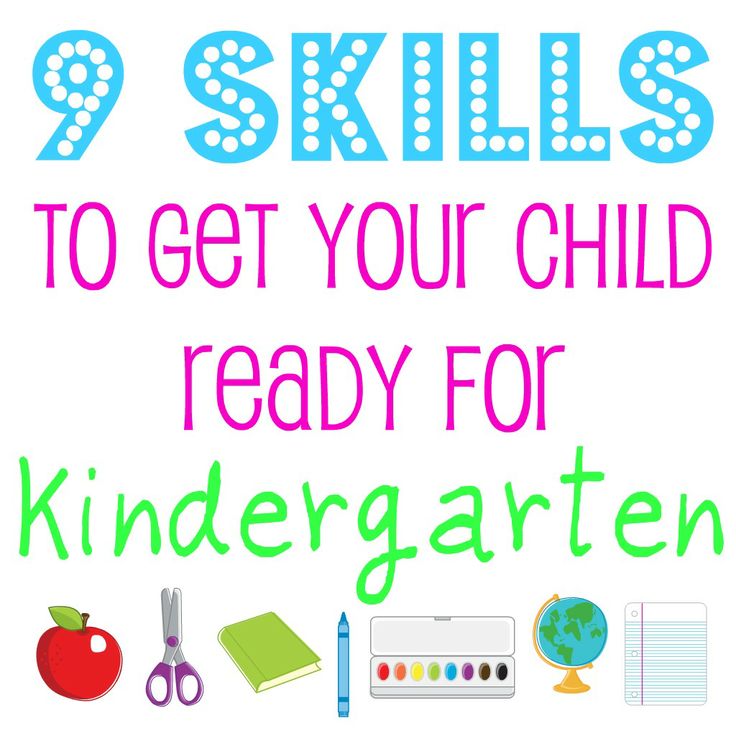 While children must be enrolled in kindergarten or a similar approved alternative at a certain age by law in most states, many parents may rightfully worry if their child is prepared to enter school. Just as children may walk or talk at different ages, their maturity level, social skills and cognitive abilities develop at different ages. Many parents may consider delaying school entry for their child in order to ensure they are prepared for kindergarten.
While children must be enrolled in kindergarten or a similar approved alternative at a certain age by law in most states, many parents may rightfully worry if their child is prepared to enter school. Just as children may walk or talk at different ages, their maturity level, social skills and cognitive abilities develop at different ages. Many parents may consider delaying school entry for their child in order to ensure they are prepared for kindergarten.
It is important to consider your child’s unique abilities, circumstances and development – but a new approach also emphasizes that schools should be ready to teach children at their own level and abilities. In other words, schools also need to be ready for children.
Parents should encourage and develop their child’s cognitive, emotional and social skills from birth.
10 ways to help prepare your child for school
- Read books with your child.
- Spend time in interactive play with your child.
- Talk to your child.
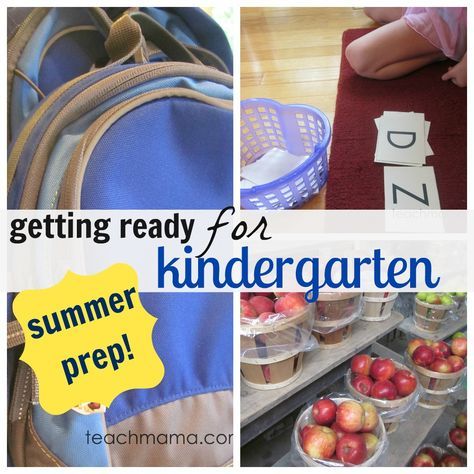 Encourage questions.
Encourage questions. - Ensure opportunities to develop social skills through play groups or preschool.
- Give simple chores to your child.
- Create a routine in your home that the child needs to follow.
- Take your child to museums, the zoo, the library and other enriching experiences.
- Teach respect and courtesy for others.
- Balance screen time of preschool apps and interactive play.
- Reinforce what they are learning at preschool.
10 skills that show your child may be ready for kindergarten
- Able to follow a structured routine
- Able to follow simple rules from teachers
- Know their first and last name
- Know basic colors and shapes
- Recognize and name letters (lower and upper case) and numbers (1-10)
- Able to sit quietly for short periods of time
- Able to use the bathroom and wash hands independently
- Able to get along and play with other children
- Able to use touch, sight, and hearing to explore the world around them
- Able to communicate and control emotions
Other resources for determining school readiness
Some schools may administer school readiness tests or screening programs to assist in determining if a child is ready for kindergarten and to identify any areas of development that may need extra attention or services. Your child’s pediatrician and preschool teacher or childcare provider are also good resources who can provide objective information on whether your child is ready to begin school and direct you to other resources if needed. The information gained from these tests or discussions can also be shared with the school to ensure that they are ready to meet the needs of your child.
Your child’s pediatrician and preschool teacher or childcare provider are also good resources who can provide objective information on whether your child is ready to begin school and direct you to other resources if needed. The information gained from these tests or discussions can also be shared with the school to ensure that they are ready to meet the needs of your child.
What if I decide to delay?
Some parents may seek to delay their child’s entry to school because they believe they are not ready or may do so to seek an advantage academically, athletically or socially. Most studies do show some evidence that being the youngest in the class may cause some academic problems initially, but these differences seem to disappear by the third or fourth grade. Children do not suffer any harm in the long run. Conversely, there is some emerging evidence that children who are old for their grade are at risk for behavioral problems once they reach adolescence. Ultimately, it is a decision that must take into account your child’s development, unique abilities and circumstances – and also the readiness of the school to be able to accept and provide any specific needs for your child. It is a decision that must be carefully made with the input from your pediatrician and other professionals who know your child and can give objective information that you can use to decide when your child is kindergarten ready.
It is a decision that must be carefully made with the input from your pediatrician and other professionals who know your child and can give objective information that you can use to decide when your child is kindergarten ready.
Childhood immunizations
Heading back to in-person learning this fall also means heading back to the doctor now. Be sure to schedule a school check up with your pediatrician to make sure your child is up to date on all of their immunizations to begin school.
Developmental Pediatrics
Want to find an appointment for your child?
Call 1-866-870-5570.
Authored by:
Jason Yaun, MD
Pediatrician
Subscribe to the blog so you don’t miss a post.
RSS
Previous Article
Home
Next Article
How to check your child's readiness for school in 15 minutes
Most parents try to prepare their child for school in advance by teaching him to read, write and count. But then the first grade begins and it turns out that these skills are not enough. In this article, we are talking about how to check a child's readiness for school and help him adapt to a new life more easily, and we also offer a free download of a test for a future first grader.
But then the first grade begins and it turns out that these skills are not enough. In this article, we are talking about how to check a child's readiness for school and help him adapt to a new life more easily, and we also offer a free download of a test for a future first grader.
What a child must be able to do in order to go to school with pleasure and study well
Specialists in the field of child development identify 6 criteria by which one can determine the readiness of a child for schooling. Let's look at each of them.
1. Intellectual readiness
Shows how the child has developed thinking, attention, memory. For example, a first-grader should know his last name, first name, patronymic address of residence, date of birth. And also have an idea about colors, navigate in space, be able to compare, distinguish between geometric shapes. It is good if a child by the first grade will be able to express thoughts in detailed phrases, read in syllables and count.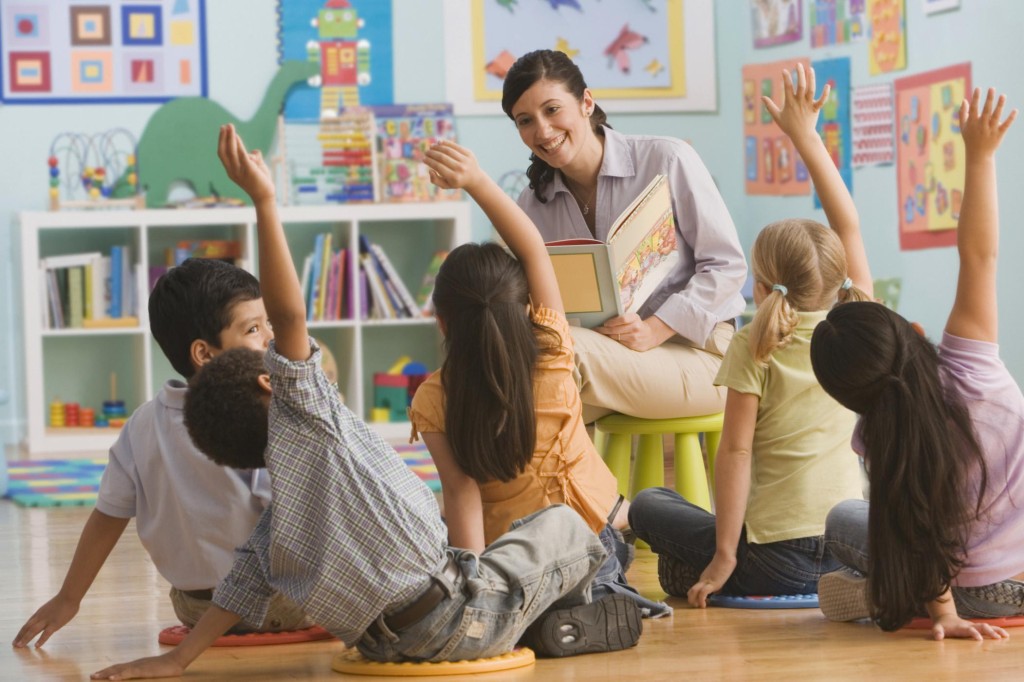
2. Psychological readiness
Cognitive activity should be gradually added to the child's play along with school. Ideally, he should be able to control his behavior in the environment of other adults. For example, if these are classes in kindergarten, then you need to sit and not be distracted for 10-15 minutes, doing what the teacher says.
⠀
Orientation in time is also important. Then it will be easier for him to adapt to the school schedule, to understand how to plan his day.
3. Social preparedness
These include skills: the ability to dress independently, tie shoelaces, collect your belongings, greet and say goodbye to the teacher and classmates. He must understand that the teacher must be listened to without interrupting, and when he is addressed, respond and answer questions. Summarizing this point, we can say that the first grader must understand how to interact with the teacher and classmates, as well as follow the school rules.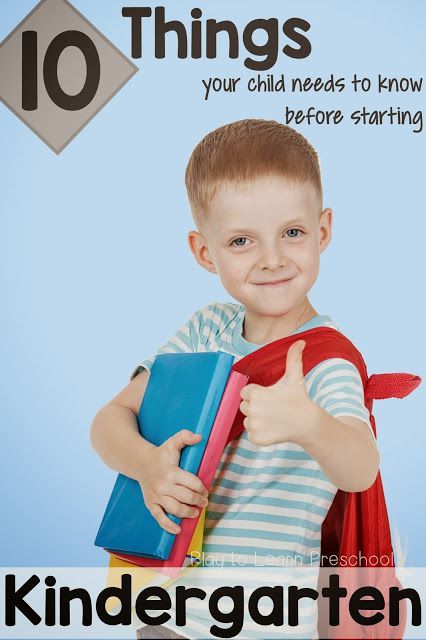
4. Motivational readiness
The child must want to go to school in order to learn something. For example, learn to count in order to go to the grocery store on your own and help your mother. If a child wants to go to school to show off his toys or a new briefcase, he is not ready yet. Better to sit in the garden for another year than to feel out of place in first class.
5. Speech therapy readiness
It is important that the child pronounce all the sounds correctly before school. From this will depend on learning to read and write competently. If a preschooler has speech problems, it is better to solve them while he goes to kindergarten.
6. Physical readiness
This is the child's state of health. Before school, you need to check your eyesight, hearing and motor skills of the hands. If there are any violations, you need to try to correct them and report this to the teacher. For example, children with poor eyesight and hearing are usually seated at the first desks so that everything can be seen and heard well.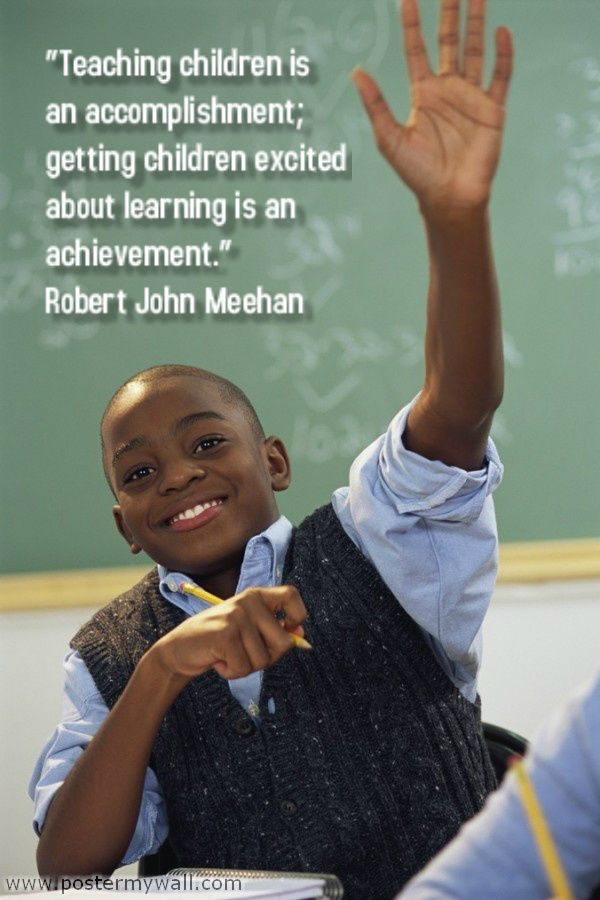
⠀
Going through each of these points in more detail, you will definitely be able to understand whether your child is ready for school and refine those areas of development and education where there are gaps. The tests later in the article will help you with this.
How parents can help their child adapt to school
With the advent of school, family life changes. There is an adaptation not only in the child, but also in the parents. To make this period pass as quickly and painlessly as possible for everyone, we offer you three simple tips.
Review the daily routine
If the child went to kindergarten, he will have an understanding of what it means to follow the daily routine. We just have to slightly adjust the schedule for the current situation. For example, a child studies in the first shift. After school, he must eat and rest. Some will have games for rest, while others will have daytime sleep.
⠀
It is also important for dad and mom to be in the resource.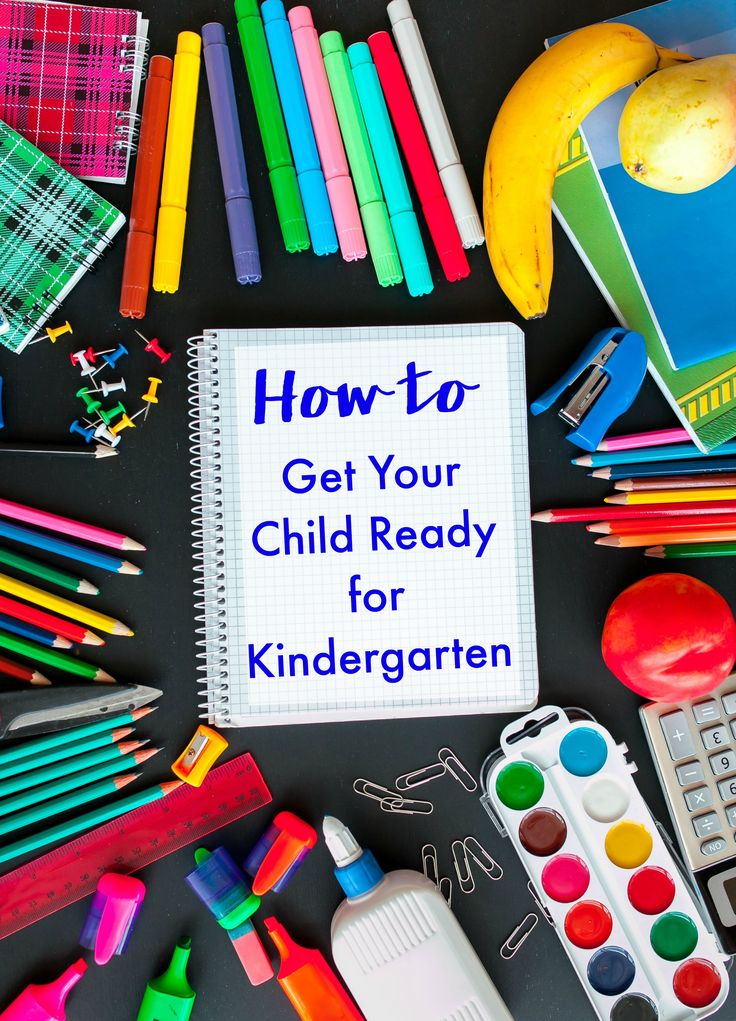 Of course, after a working day it is quite difficult, but before working with a child, it is also better to have a little rest.
Of course, after a working day it is quite difficult, but before working with a child, it is also better to have a little rest.
⠀
It is important to follow the daily routine regularly, so the child will quickly get used to a new way of life.
Pay attention to adaptation in the new team
To a greater extent, this is the task of the teacher and the school psychologist. If a child finds it difficult to get along with the children, this should be reported to the teacher. But if possible, it is better to send him to the first class with familiar children, so he will be calmer.
Get into the habit of doing things
If you're used to making the bed, washing the dishes, and packing up after the baby because it's faster, it's time to break those habits. The child must learn to fulfill his own duties. This approach brings up independence and responsibility, then it is emotionally easier for children to follow the school rules.
Even the best prepared child can go wrong at school.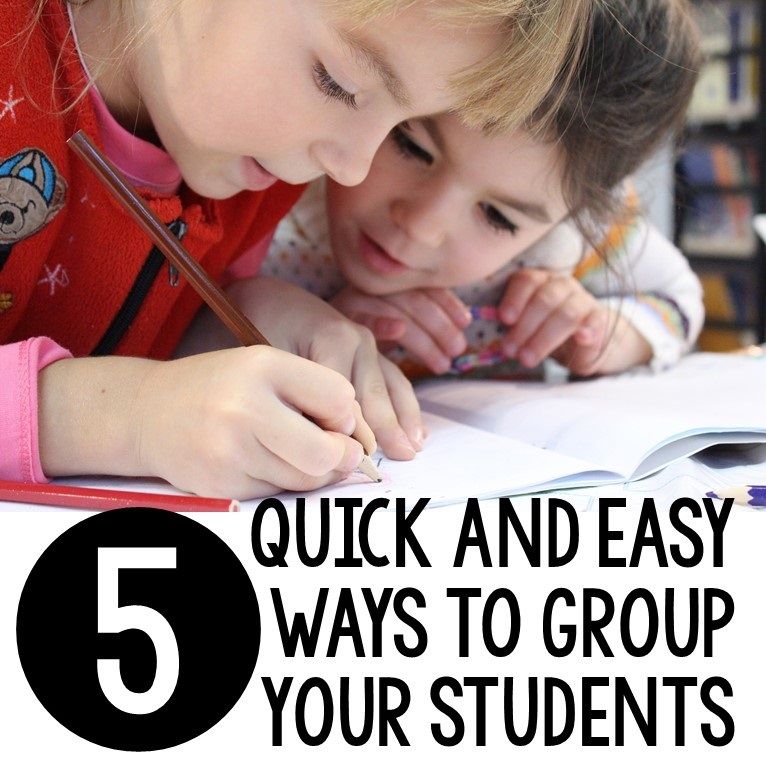 Most often this is due to school maladaptation. Read more about what it is, how to recognize what to do, read here.
Most often this is due to school maladaptation. Read more about what it is, how to recognize what to do, read here.
Checking your child's readiness for school using simple tests
We have prepared special questions and tests for you to help determine the degree of readiness of a future first-grader. But first, I would like to note how the behavior of a child who is completely unprepared for school will look like.
Child:
- Does not show initiative to study, is distracted, plays.
- Cannot concentrate on the lesson and when doing homework.
- He has difficulty communicating with his teacher and classmates.
- Cannot join the general mode of the class.
⠀
We also recommend reading articles on the topic:
The child does not want to study: what are the reasons and what should parents do?
Rules of motivation in teaching preschool children
⠀
To prevent this from happening to your little student, answer 20 questions and find out if your child is ready for school.
Your child:
- Wants to go to school to learn.
- Able to play board games by the rules.
- Knows how to get to know children on his own and arrange games.
- Can play independently without disturbing an adult.
- In games with adults, he reacts calmly when he loses.
- Knows how to follow the rules of behavior in public places. For example, stops making noise at the request of an adult.
- Can maintain a conversation with adults, answering questions about himself and his family.
- Can work independently in a group: listen to the teacher, complete assignments, interact with other children.
- Can keep attention on one task for 10-15 minutes without being distracted.
- Feels pride in his efforts and achievements, motivated to work hard to gain new knowledge.
- With pleasure fulfills the instructions and requests of adults.
- Takes criticism from adults calmly.
- Addresses older adults as "you".
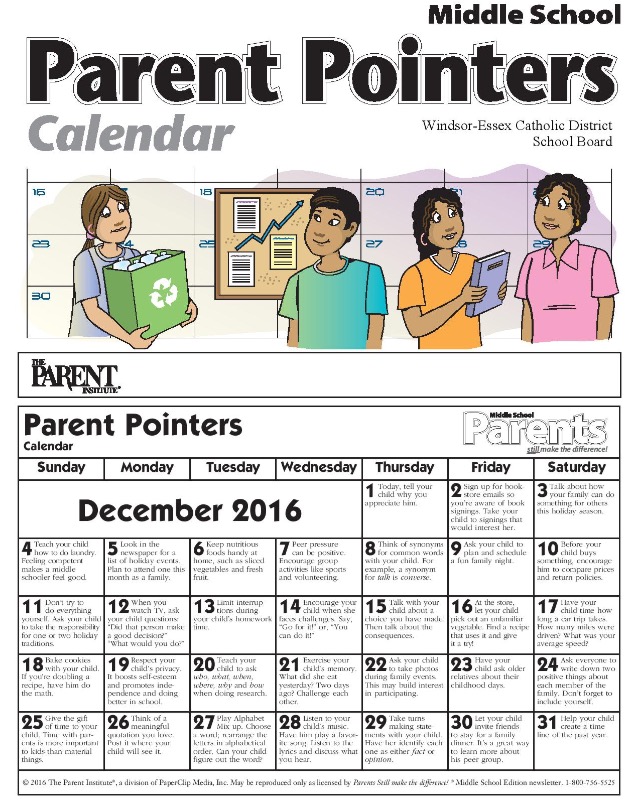
- Handles simple household chores by himself: he washes the dishes, makes the bed, puts things in order in the room.
- Knows how to keep his word and keep the promise he made to adults.
- Has favorite interests and hobbies.
- Able to be critical of the results of their activities, to notice mistakes and omissions, correct them.
- Oriented in time: hours and days of the week. Oriented in his schedule, knows the names of teachers.
- Can pack textbooks into a backpack and things for training.
- Can independently find clothes and dress according to the weather.
In addition to questions, tests will help you check your child's readiness for school.
Kern-Jirasek School Achievement Test
Helps to identify the general level of development of the child's thinking, as well as to understand how the child is able to listen and perform tasks by example.
Get a free school maturity test and evaluate the result as described below.

First, the child needs to draw a male figure. You do not need to correct in the process, to say that something is wrong. The finished drawing is evaluated.
The second task is to copy the phrase from capital letters. The child needs to rewrite the phrase as he can, given the capital letter. Then we count the points and look at the answer.
The next task is to draw points according to the pattern.
Let's count the scores:
The generation of modern children who go to school today is very different from the generation of children who studied 10, 20, 30 years ago. Unfortunately, the school curriculum does not have time to rebuild so quickly. Those norms that were developed for the then seven-year-olds are now suitable for students in grades 3-4. Therefore, it is important for parents to regularly engage with the child themselves in order to minimize this gap as much as possible. And you can also entrust the training to professional teachers of the Kidskey online school.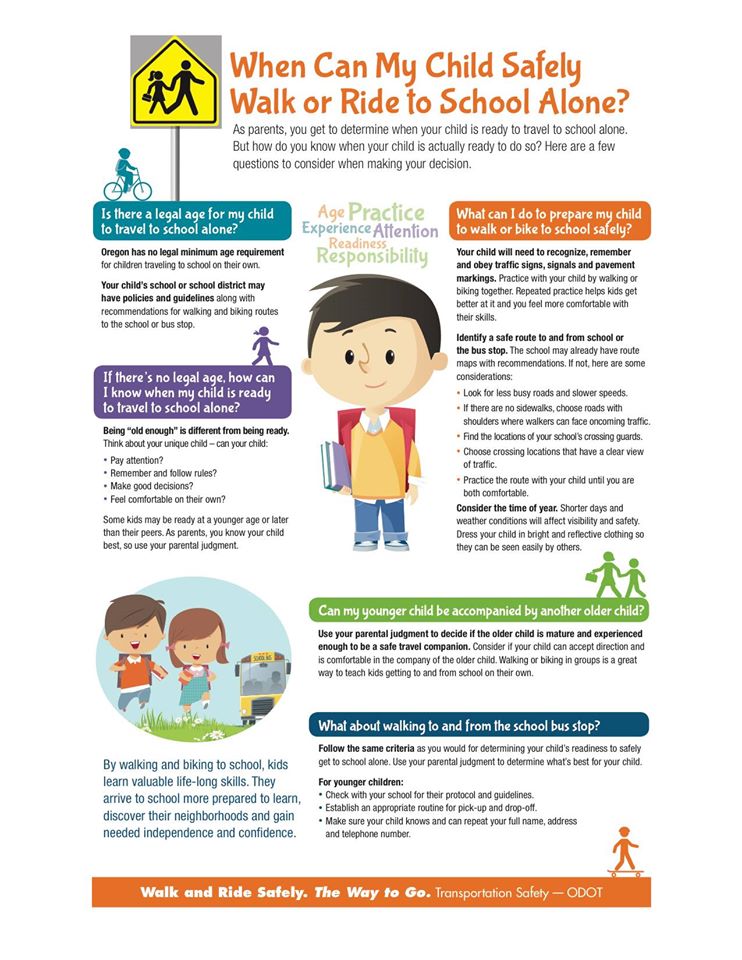
We will carefully prepare your child for school and instill a love of learning from an early age. Check out our courses here.
How do you know if your child is ready for school?
Parents always want to know if their child is ready for school, to draw conclusions - whether something needs to be changed in the approach to his training. Good understanding the level of preparation will allow you to pre-tighten certain skills so that the first grader does not feel left behind and does well with the school curriculum.
To assess the initial level of preparation, it is worth paying attention to the development of different aspects of your child's personality. In this material, we will pay attention to them, indicate which criteria are best used for verification.
Test readiness for literacy
Many children today go to school already able to read good enough level. But at the same time, some students are taught to read in first class. To master literacy, a first-grader must be good speech is developed.
Here are a few basic criteria that you should first check with a future first grader:
- Development of phonemic hearing . Experts note the critical importance of this ability. The child should be able to work with sounds - highlight a certain one in the speech stream, indicate exactly where it is in a particular word. This will help to cope with understanding the placement of stresses, the correct pronunciation of not only Russian, but also foreign words. Sound parsing skills are also important, when a child can distinguish voiced and unvoiced letters, vowels and consonants, soft and hard.
- Primary ability to read . No one asks a first grader to read quickly and with expression. But there are a number of recommendations that should be considered. First of all, the kid should be able to divide words into syllables and make sentences from them. It is good if the child can make a bunch of the words proposed to him in the correct order.

- Speech skills . This is a complex and difficult area to evaluate. During the period of preschool preparation, the child must learn to use generalizations, to look for definitions suitable for a noun. It is good if he can talk about any subject, retell a short story with the right emotional coloring, expressively.
Mathematics abilities
It is usually mathematics that causes children the most problems in primary school. This is dangerous, because if you do not master mathematical apparatus, elementary actions, there is a risk of low grades in a whole list of subjects - from physics to chemistry and geometry.
Mathematical abilities of a childA child must master the minimum counting skills even before entering the first grade.
Here are just a few basic criteria for assessing the readiness of a first grader to work with mathematical examples:
- Ability to count objects .
 It is checked simply - by asking to count the number of certain items of different groups laid out on the table.
It is checked simply - by asking to count the number of certain items of different groups laid out on the table. - Ownership of account . It is important that the child can count both forward and backward.
- Analysis of the position of a number in the series . To test this skill, you can ask to name the number that comes before the one named without first counting from zero.
- Mastery of the first ten numbers . This will help prepare you for solving the simplest examples.
- Knowledge of numbers from 0 to 9 . Also, the child must understand what the signs +, - and = are. It is best if he also learn how to use them to solve examples.
- Ability to work with various tasks . A good level of preparation is a situation where a child can not only add and subtract, but also compose simple problems and examples himself.
- Basic knowledge of geometry .
 Usually, a first grader is required to understand three basic shapes - a quadrilateral, a square and a circle. At the same time, he must be able to correctly divide them into equal parts.
Usually, a first grader is required to understand three basic shapes - a quadrilateral, a square and a circle. At the same time, he must be able to correctly divide them into equal parts.
The ratio of the given figure and the number of objects that are shown to the student will be useful. Also, before entering the first grade, he must learn to work with notebooks lined in a cage.
Assessment of horizons
Many school subjects are aimed at gradually develop the horizons of the child. Therefore, it is assumed that by the time of admission to first class a person should already have a stable base.
Here are some signs that the child has the necessary minimum of horizons:
- The ability to tell accurate information about himself and his family. The minimum set is family composition, parents' names, address and phone number. This is also important in everyday life, because it will help in case the first grader gets lost.
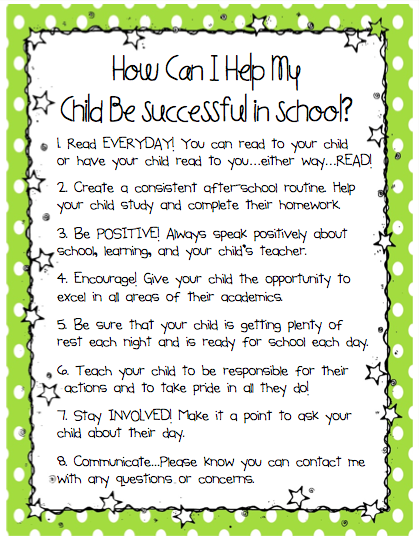
- Understanding how the outside world works. A good example is the ability to name the features of adult activities, understanding the work of various basic professions.
- Basic understanding of how nature works. The child should have an idea about the change of seasons, their features, characteristic phenomena for each of the seasons. You also need to know all the days of the week and months, to understand in what order they go.
- Another important requirement is the ability to behave in public places, on the street, in the presence of adults and peers.
Psychological preparation
Since the school is responsible not only for teaching but also for proper socialization, it is important that the child has the minimum skills even before admission to first grade. There are three main categories here parameters of socio-psychological readiness.
- Motivation for learning . The child must understand the importance of the learning process.
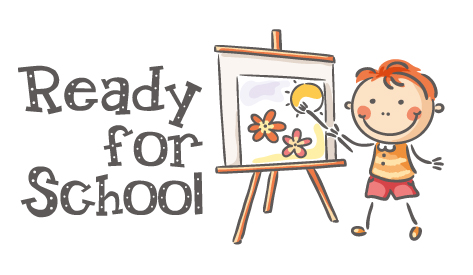 It’s good if he has an immediate desire to engage, learn something new, expand the list of available skills.
It’s good if he has an immediate desire to engage, learn something new, expand the list of available skills. - Ability to communicate with others . It's about basic communication. The child must be able to communicate with both adults and children. At the same time, it is important that there is no aggressiveness, there is an understanding of the authority of adults, a willingness to obey them.
- Ability to accept a learning task . It is necessary to instill in a first grader both the ability to listen and the ability to ask an interesting clarifying question if something suddenly turns out to be incomprehensible.
Set of psychological functions that are significant for the school
There are also a number of skills that allow the child to successfully integrate into the learning process itself.
These include:
- Leading hand ability . The child must confidently hold a pen, pencil, brush for drawing.
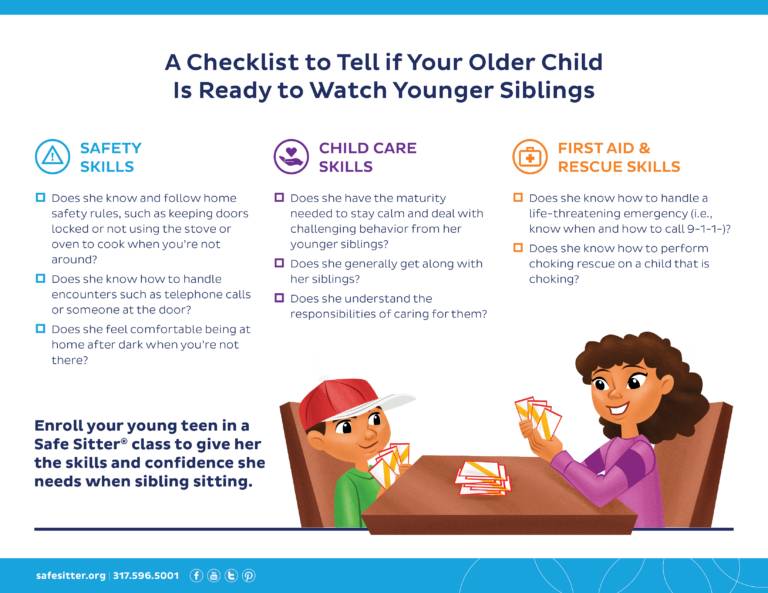 A good method of testing the development of the small muscles of the hand is the ability to work with scissors, cut along the contour indicated on paper.
A good method of testing the development of the small muscles of the hand is the ability to work with scissors, cut along the contour indicated on paper. - Coordination and eye-hand systems . There are a number of exercises that also help to test such abilities, for example, transferring a certain figure to paper.
- Logical thinking . It will be a plus if the child masters comparisons, can find similarities between various objects and phenomena that they encounter in everyday life. One of the methods of verification is the definition of an object according to the named features.
- Free attention . One of the most common problems of modern children is difficulty concentrating. To be successful in first grade, a child must be able to focus on a subject for at least 15 minutes. The longer this concentration time, the better.
- Free memory . The child should remember well what was said and seen.
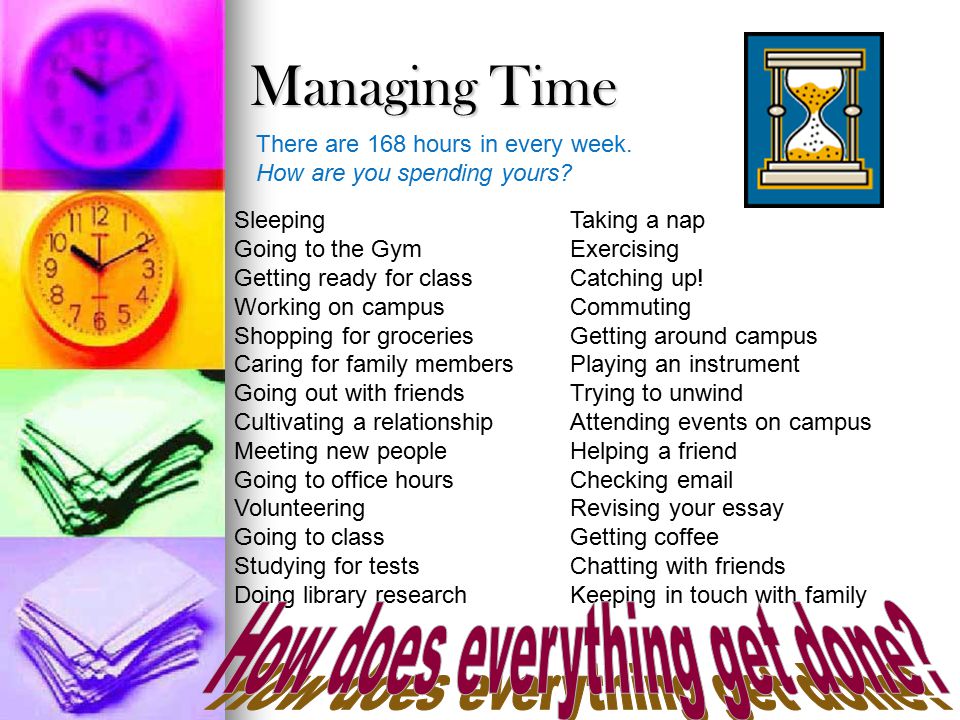
How to check readiness of the child to go to the first grade
The screening process itself can use different funds. So on the network you can easily find special tests that help check out the various training options. But don't take them for granted in the last instance.
The easiest and most affordable way to check is to solve various tasks, examples, communication with the child. You can create your own verification program compose and on the basis of the information that was given by us in the article.
Here are some basic guidelines:
- Test for math skills. To do this, simply ask the child to count orally. In this case, you need to use both direct and reverse counting. You can solve several examples of addition and subtraction, ask them to draw a circle, square, rectangle and triangle, divide them into sectors. It also simultaneously tests the ability to hold writing instruments, work with a ruler.
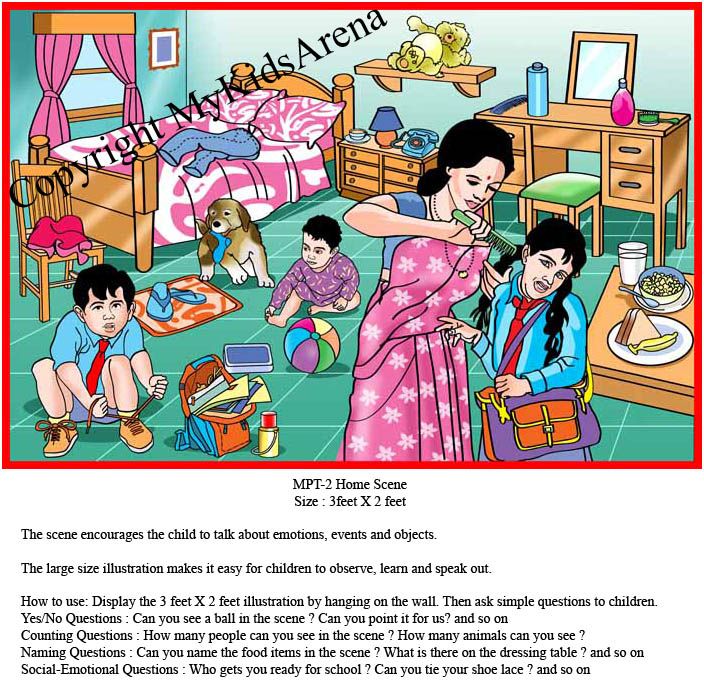
- Talk to the child, check for understanding of comparisons . There can be many methods here, for example, parsing a short story that you read aloud to him. This helps to test long-term and short-term memory, the ability to build sentences.
- Track how the child behaves in the company of peers and with adults . The preschool period is exactly the time when many of the features can be adjusted.
How to improve preparation for school
It is important to understand that everything listed in this material is only recommendations. If the baby lacks any skill, difficulty can only arise when enrolling in private schools.
At the same time, the acquisition of the listed abilities significantly will simplify the initial adaptation to the educational process, will help not to be among the lagging behind.
Here are some simple guidelines:
- Do regular self-study with child.
